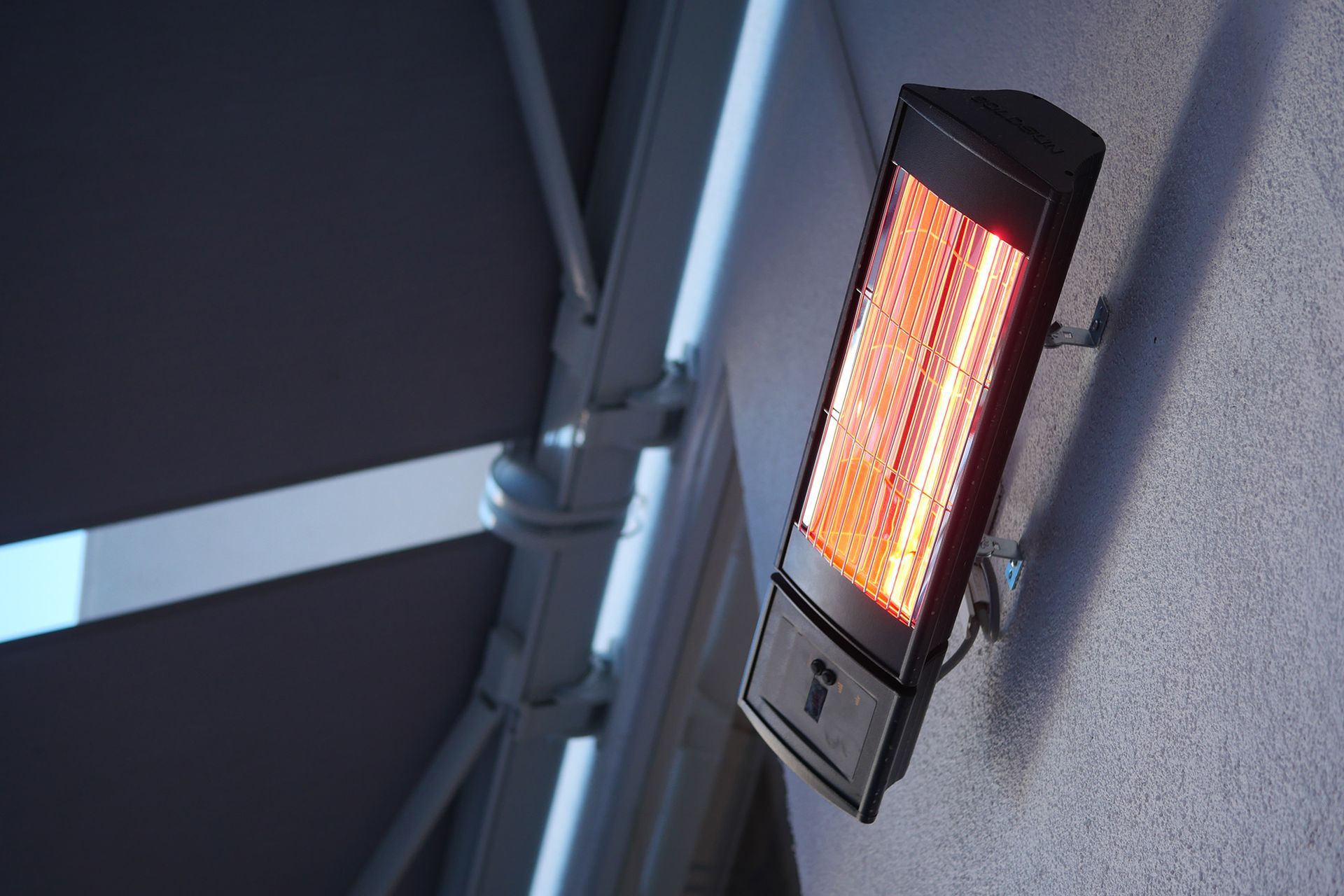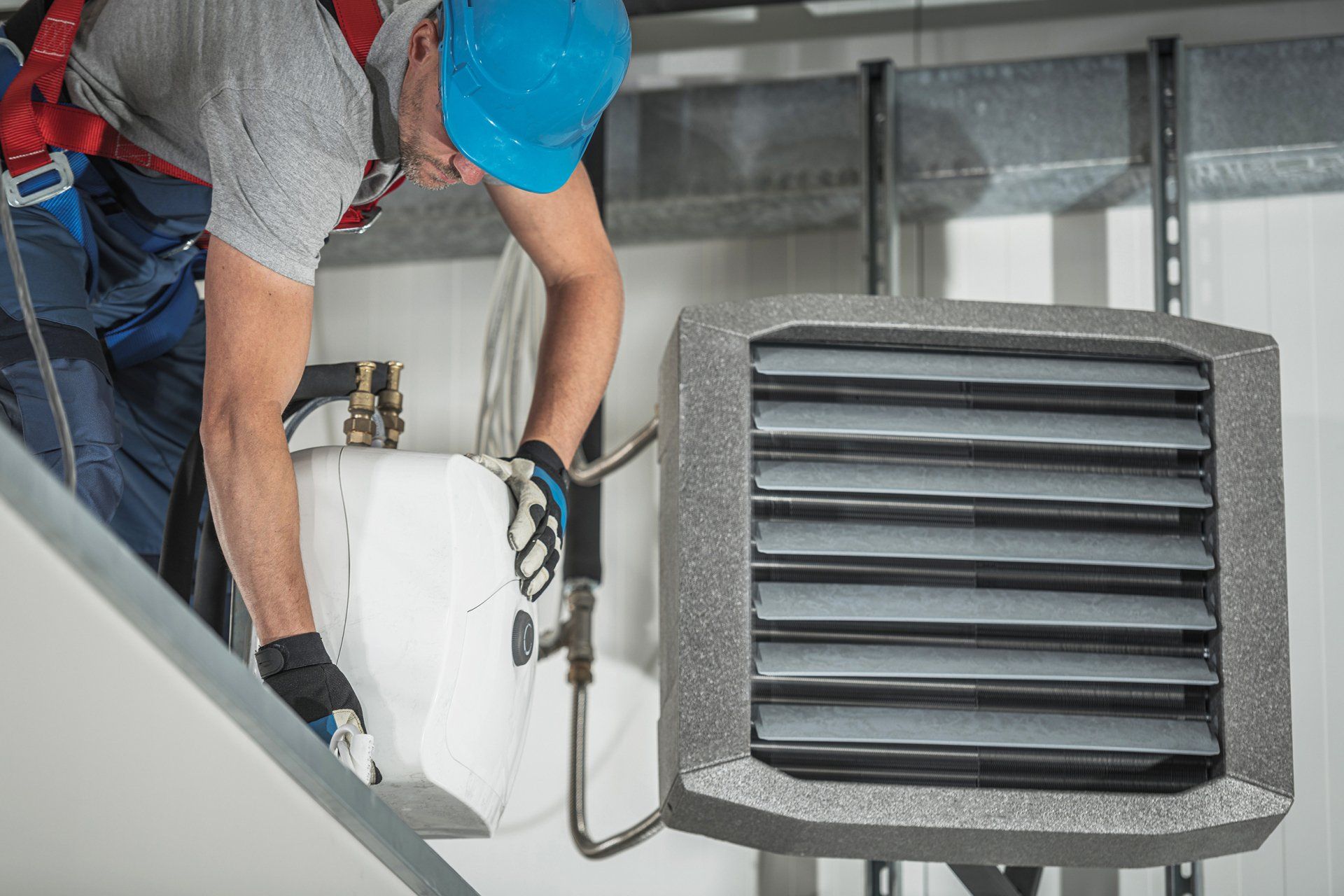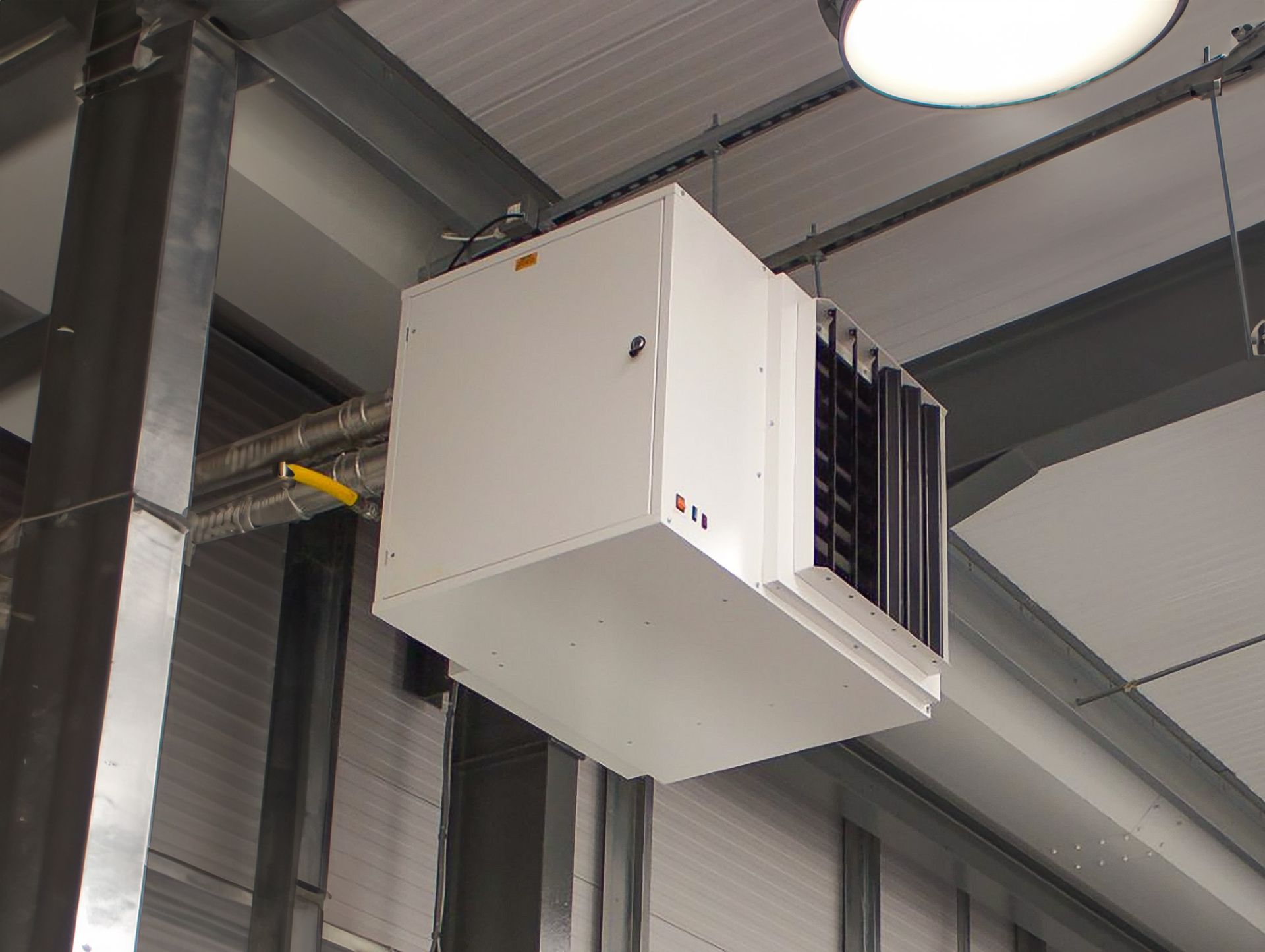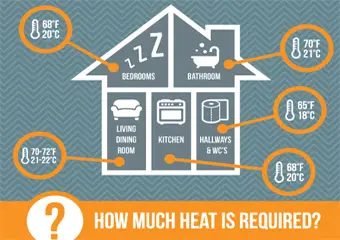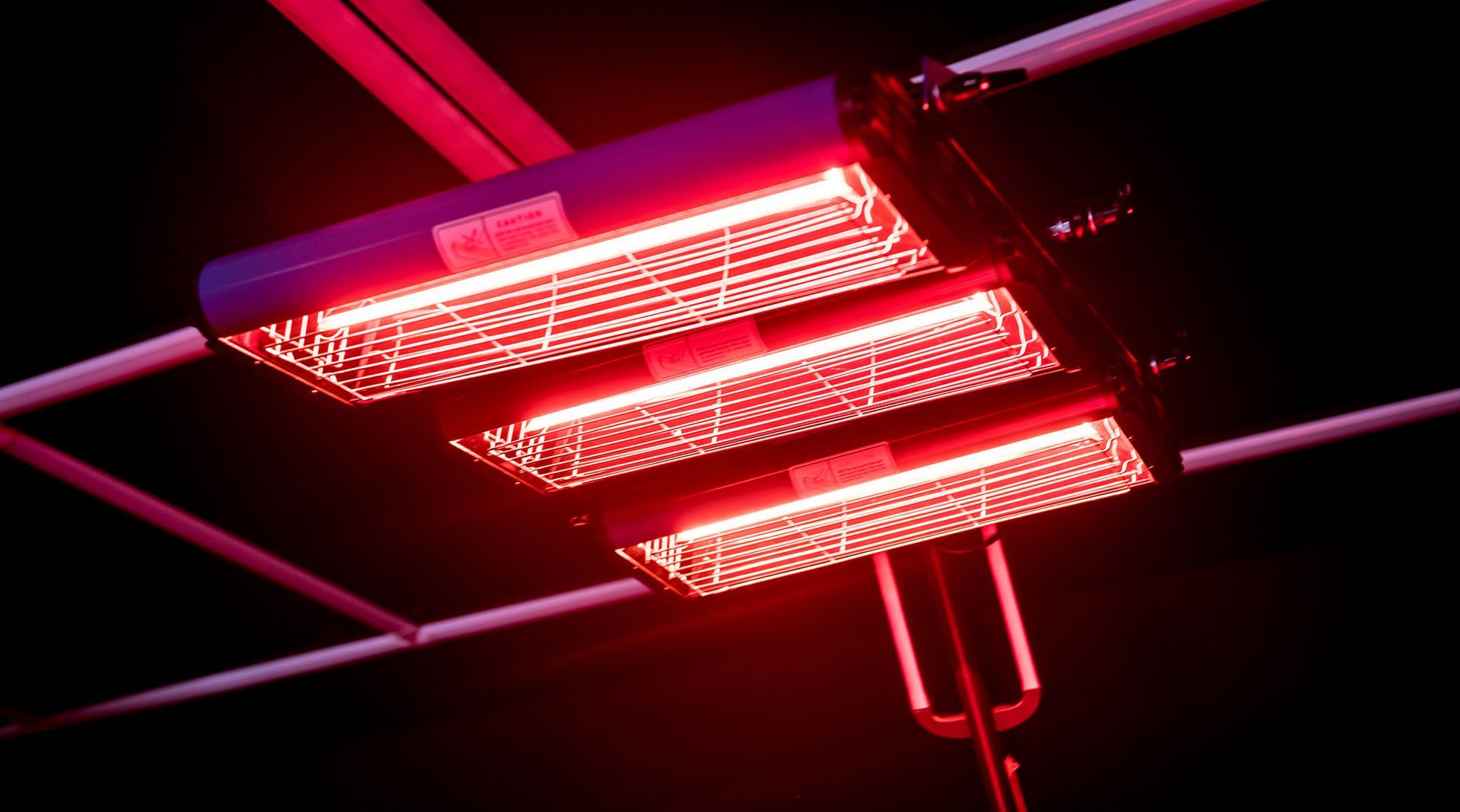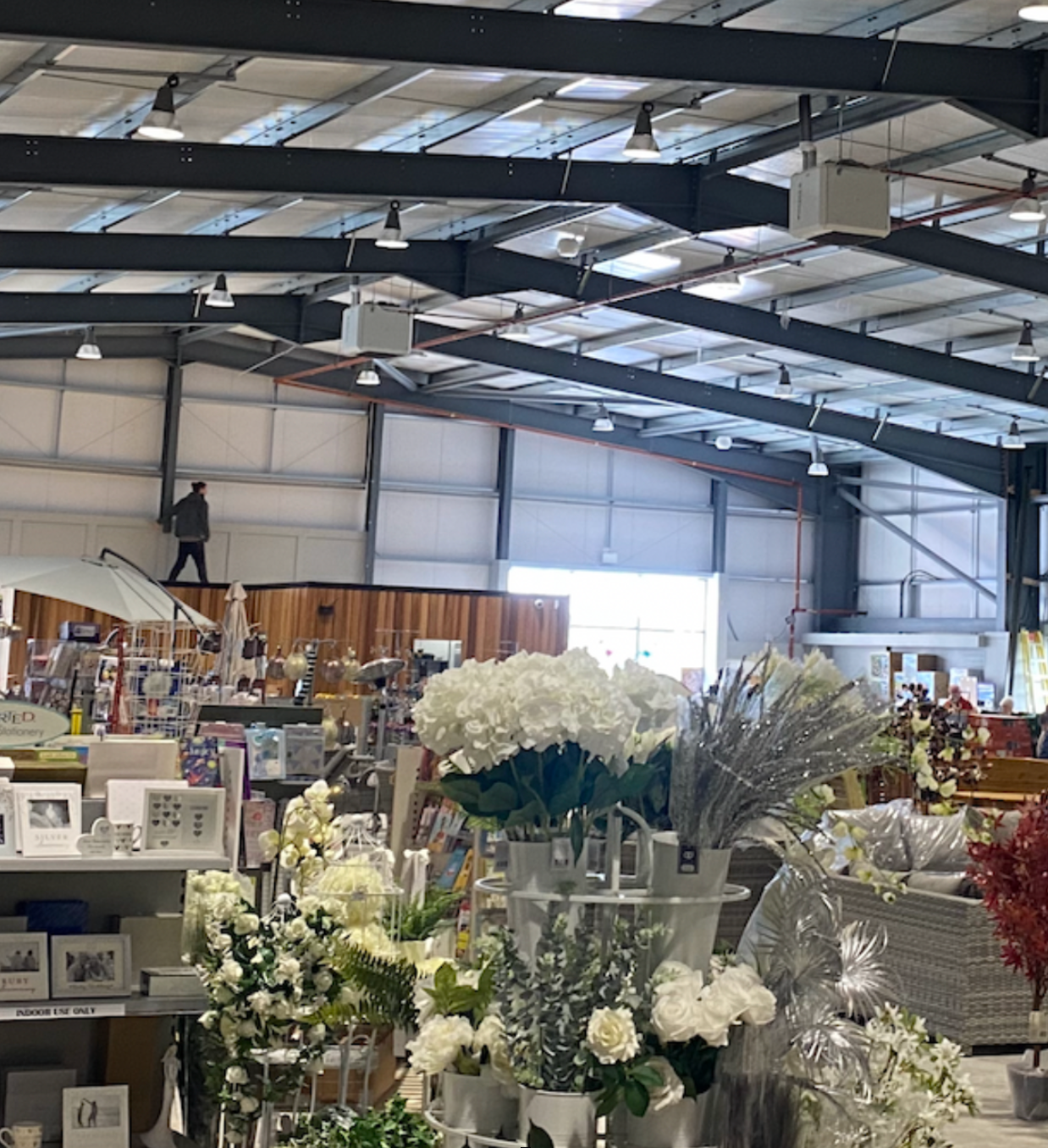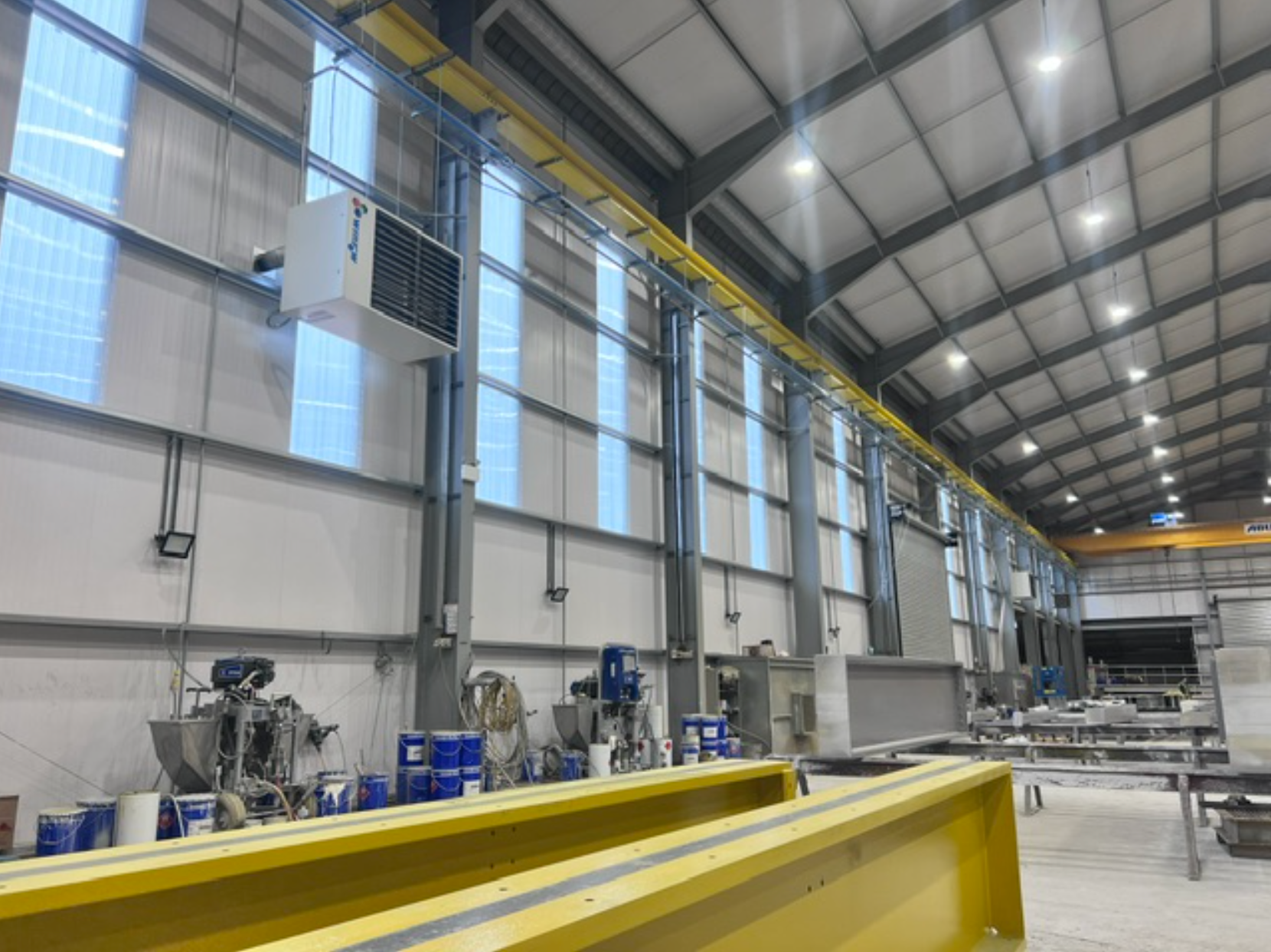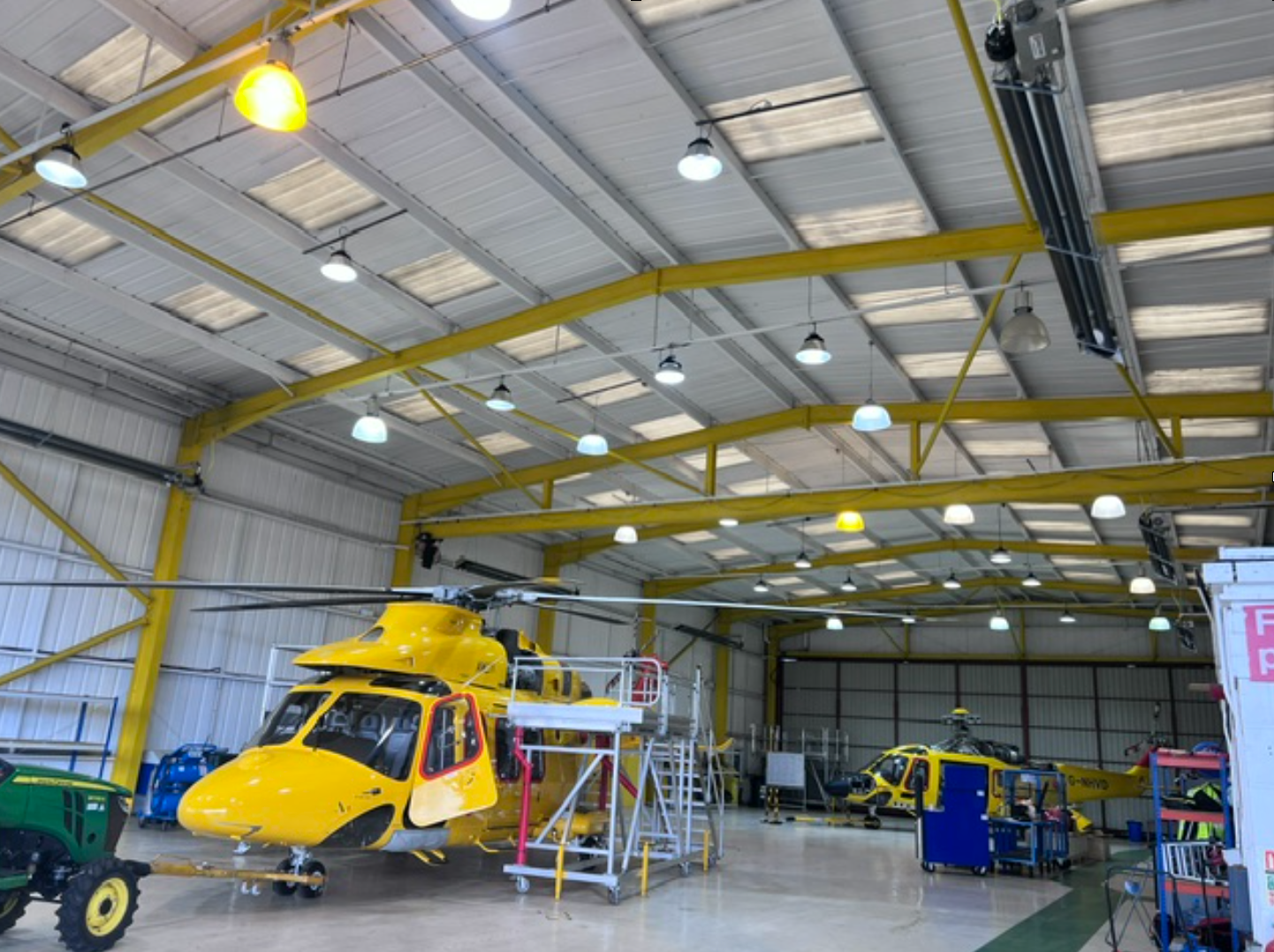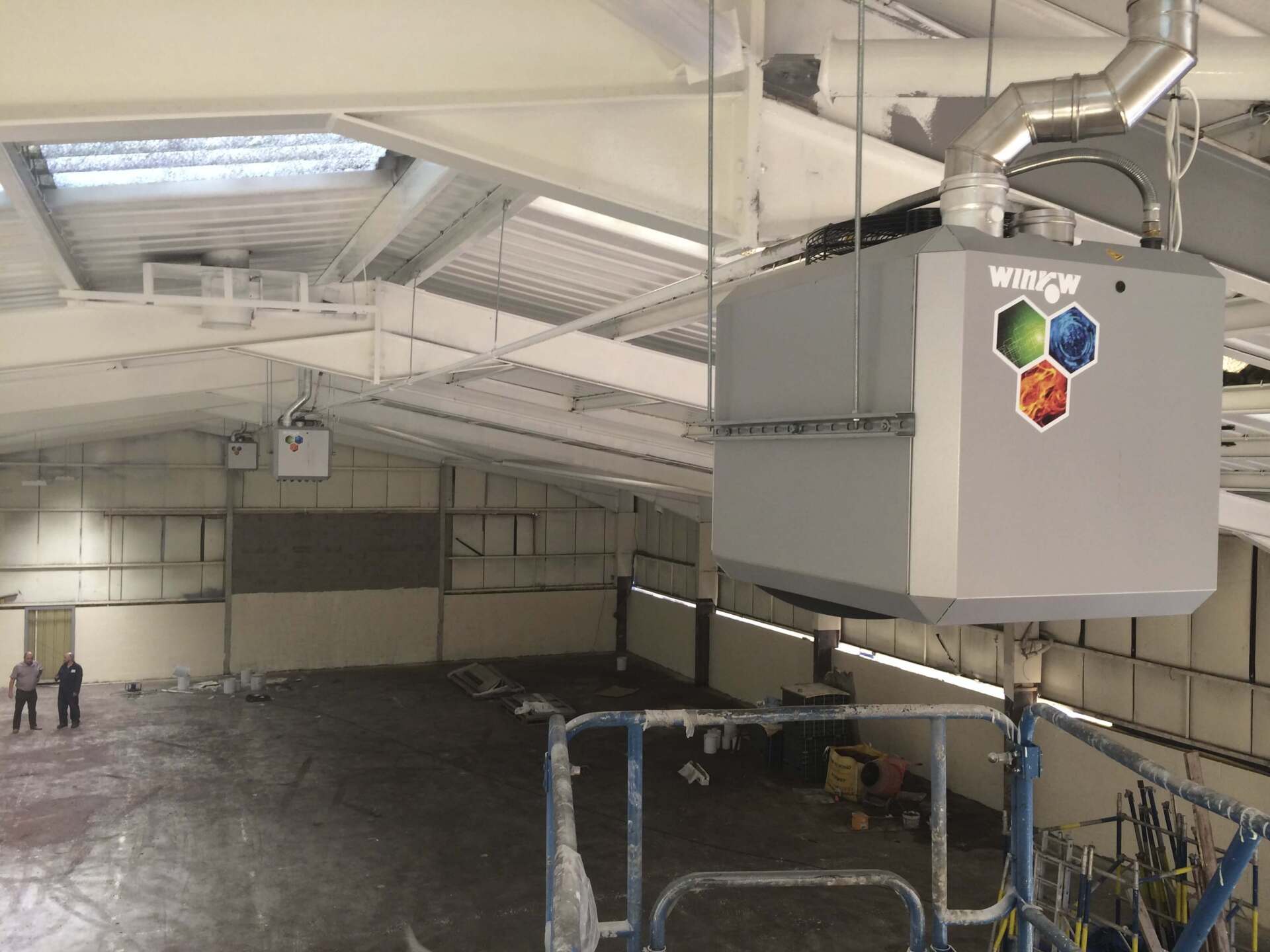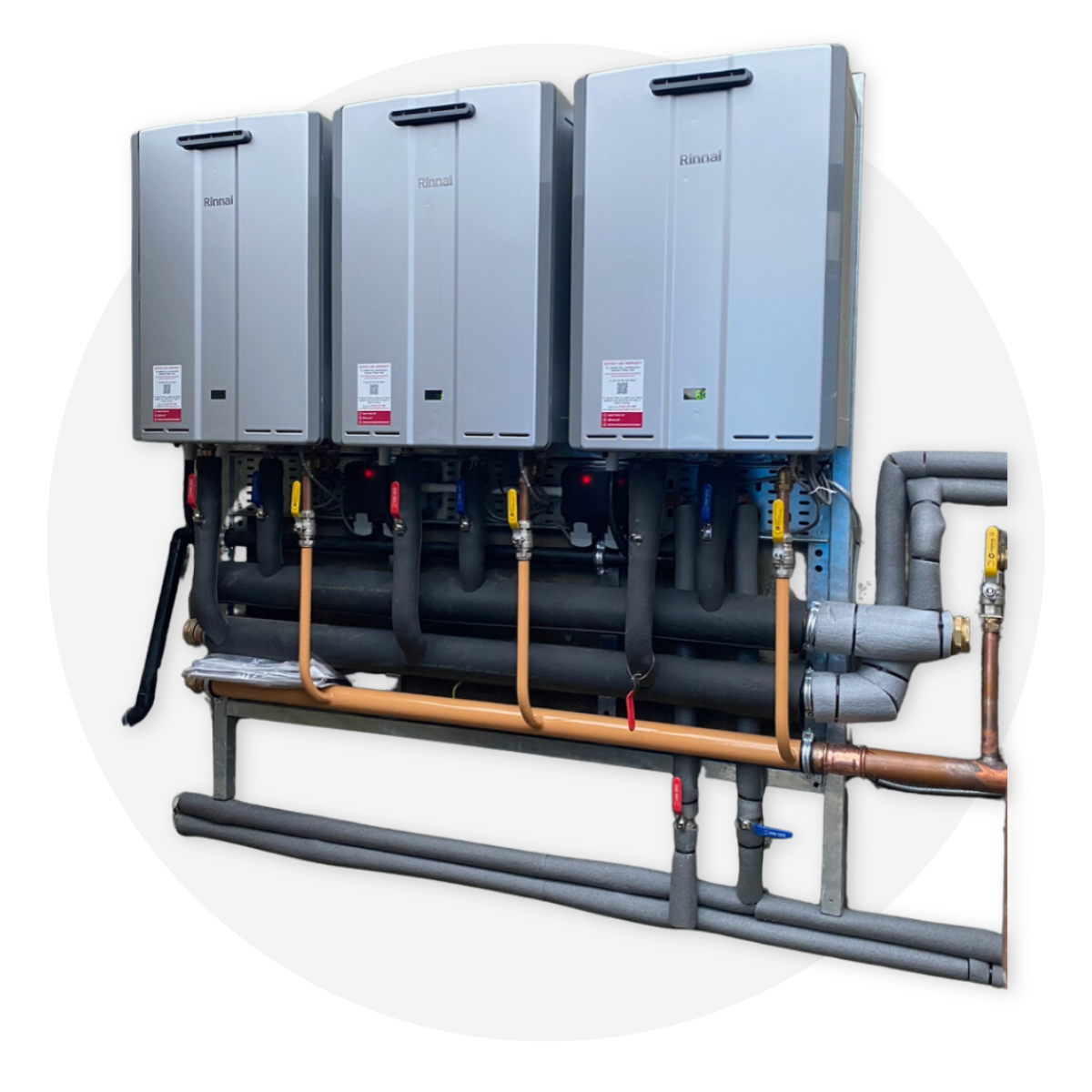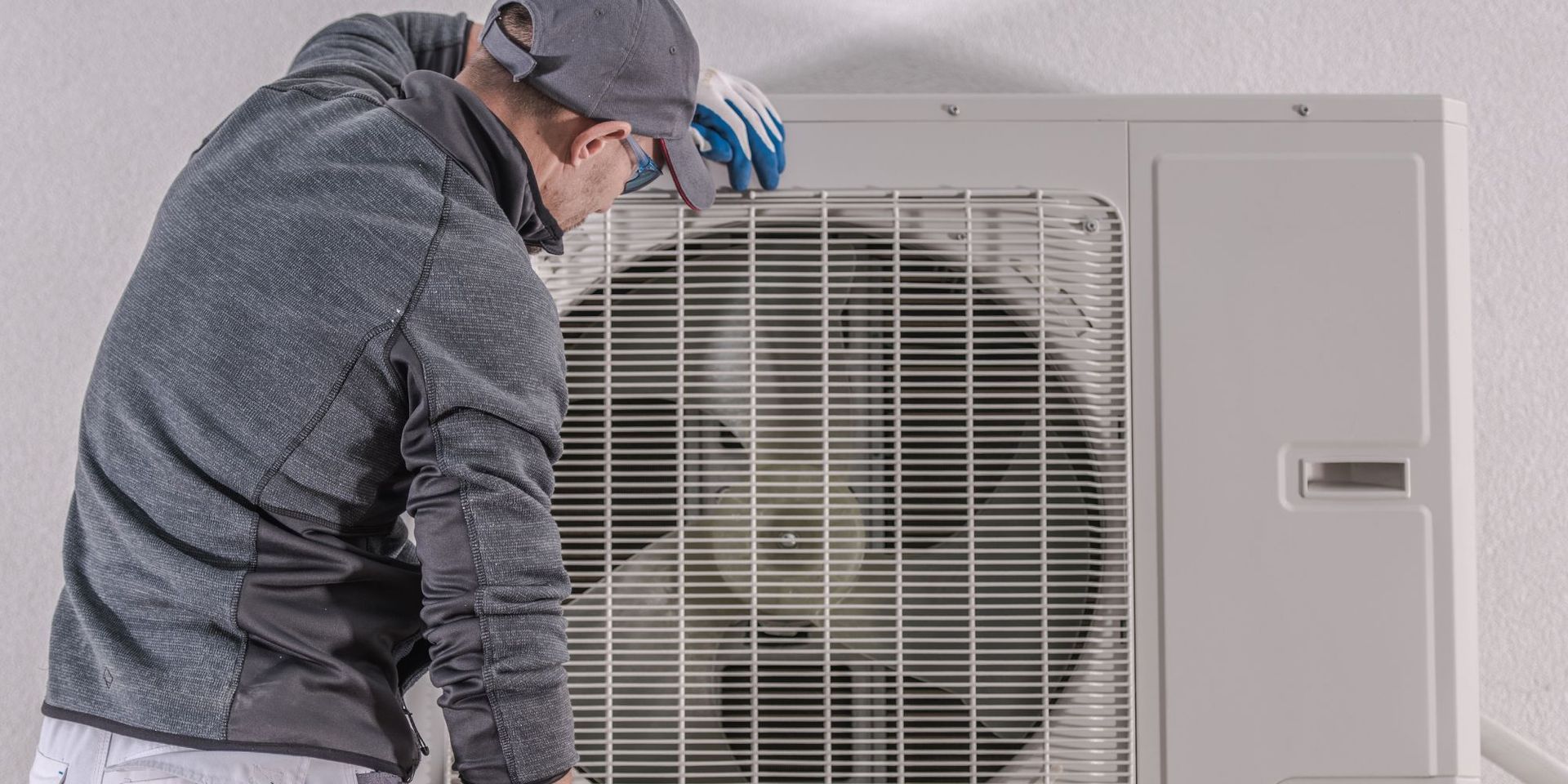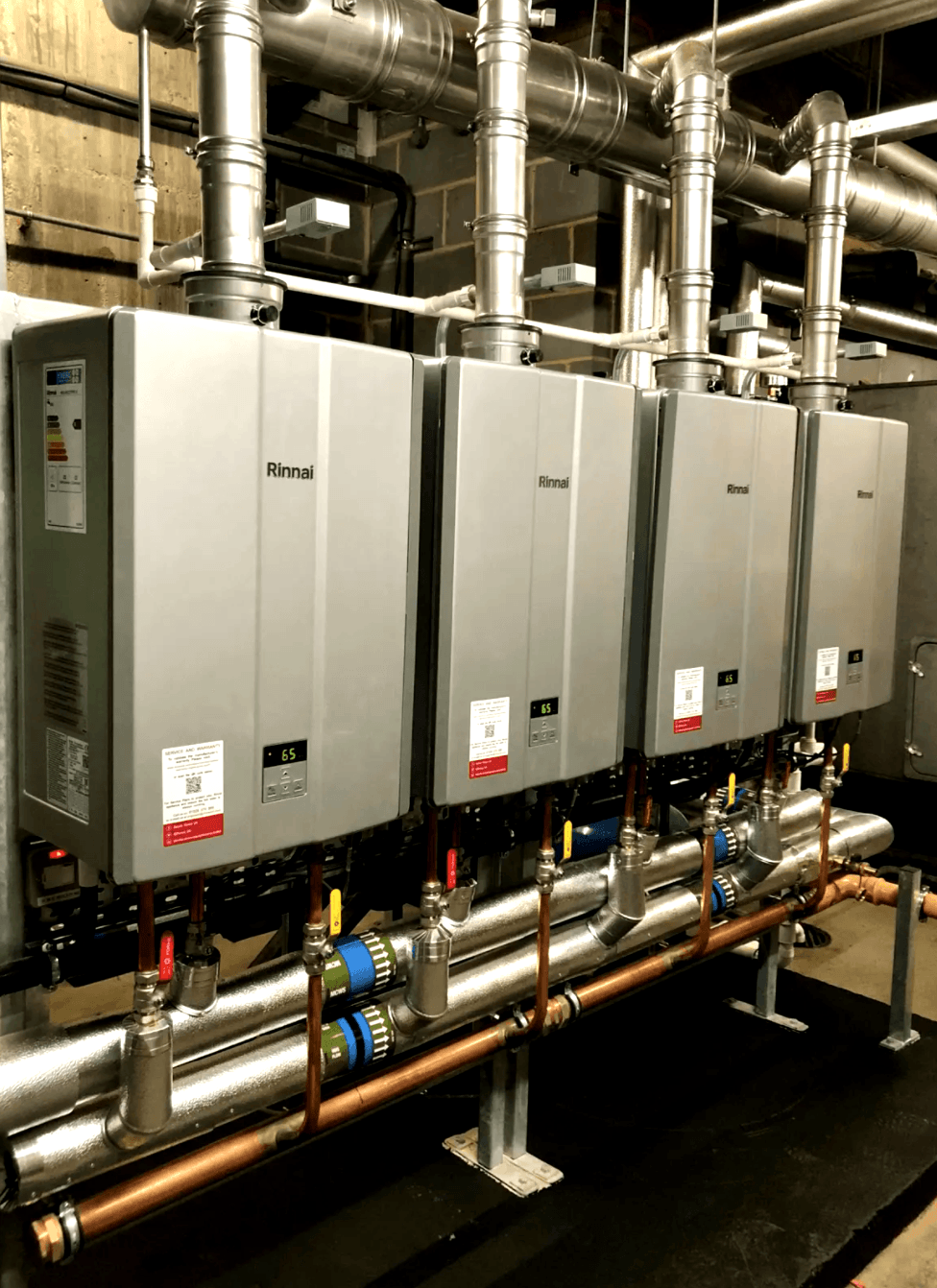What Is BTU and Why Do I Need to Calculate It?
Understanding what BTU means will help you decide on the best heating system for your commercial or industrial premises. BTU is a measurement of power in relation to the heat output of appliances.
Measuring BTU comes in extremely handy when you are thinking about which type of commercial heating you need when heating the following buildings:
Heating, ventilation and air conditioning (HVAC) systems, and other heating appliances carry a BTU rating, which tells you to what extent they will heat, or cool, a room.
What is BTU?
BTU stands for British Thermal Unit. It is a measurement of heat energy. The BTU represents the amount of heat you must add to an indoor environment to heat it; or the amount of heat you must remove to cool it. Even though BTU is not a metric measurement, it has been widely adopted by English-speaking countries which are metric, as well as the USA, which isn’t. BTU equates to the amount of energy you require to raise one pound of liquid water by one degree Fahrenheit, at a pressure of one atmosphere.
The metric equivalent to the BTU is the calorie. A calorie is the amount of energy you need to raise one gram of water by 1 degree Celsius, at one atmosphere of pressure. If you measure a room’s area and volume by square feet, this can then determine its BTU requirement.
Why is it Important to Know the BTU of a Space?
There are different sizes of heating systems available for commercial and industrial applications, and choosing the right one means matching the capability of the system to your heating requirements. Knowing the BTU your space requires will help you decide on the best, most efficient and effective commercial heating solution for it. The single BTU is a tiny unit of energy, but you will find heating equipment rated in thousands of BTUs. When calculated, they are a significant indicator of the equipment’s performance. By measuring BTU, not only do you have this indicator, but also you get a measure of how much of the heat energy that the equipment generates will actually make it into the space you wish to heat.
This also makes efficiency an important factor in making the right choice for your heating. Heating systems and equipment will have a base level of function, depending on how many BTUs of energy they consume in an hour (BTU/h). You can then determine their efficiency by how many of these BTUs they convert into usable heat. The higher the efficiency of the system, the less energy it loses, and the more it turns into heat.
How Do I Calculate BTU?
There are several key factors in calculating the BTU of space you wish to heat:
- The overall room dimensions
- Number of windows
- Dimensions of windows
- Number of people using the room
- Floors above or below
- Type of exterior wall
There are various online BTU calculators, which, when you input your specific data, will give you a BTU figure.
How Do I Choose the Correct Heating System Based on BTU?
When it comes to choosing the right heating system for the needs of your workplace, size matters. However, size does not refer to the physical dimensions of your heating equipment, but rather its capacity. What your aim should be is to choose a means of heating where its BTUs match the BTU requirement you have calculated for your space. This is important because you do not want to end up with a system with more BTUs than you require, just as much as one that is insufficient to heat your room.
If the heating system has an over-capacity of BTUs, then it will be working too hard, which will be inefficient, and can lead to it wearing itself out early. A lower than recommended BT rating, on the other hand, will leave the system struggling to produce the amount of heating your space needs to be comfortable for the people using it. You can also convert a BTU/h figure into watts, to help you decide on the correct heating solution for you. You simply multiply the BTU by 0.293. You can also do the reverse, and convert watts into BTU/h. You take the wattage of the equipment or system and multiply it by 3.412.
To ensure you have the system to meet your needs, you should first calculate the BTU requirement for your premises. At Winrow, we can help with this. Please contact us if you need any support and guidance choosing the right heating system for your workplace, please give us a call on 08000 588 035.
Share This Post.
Latest News | Winrow Industrial Heating
